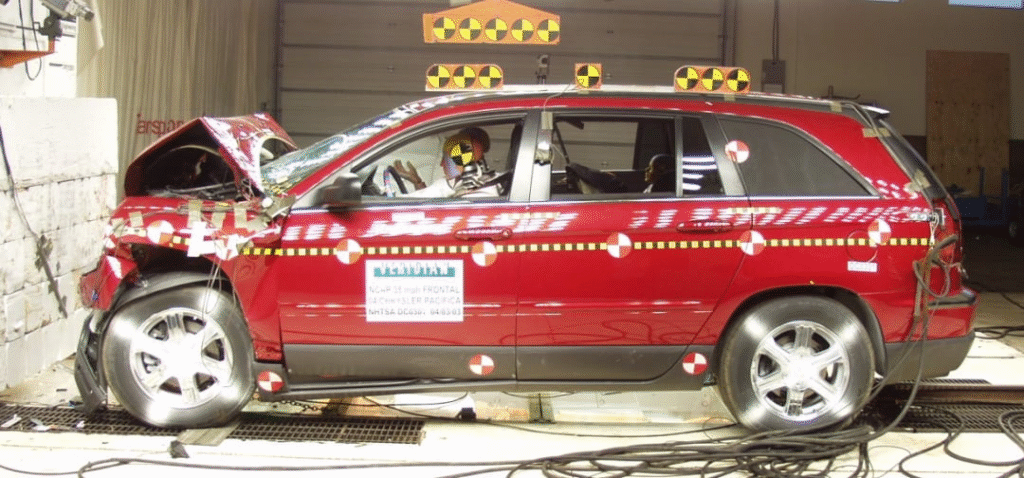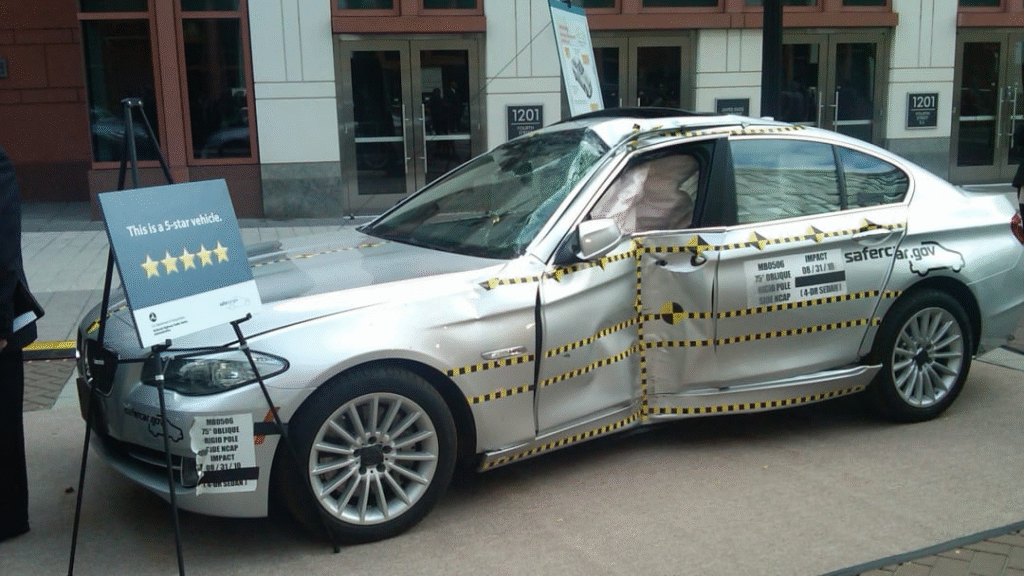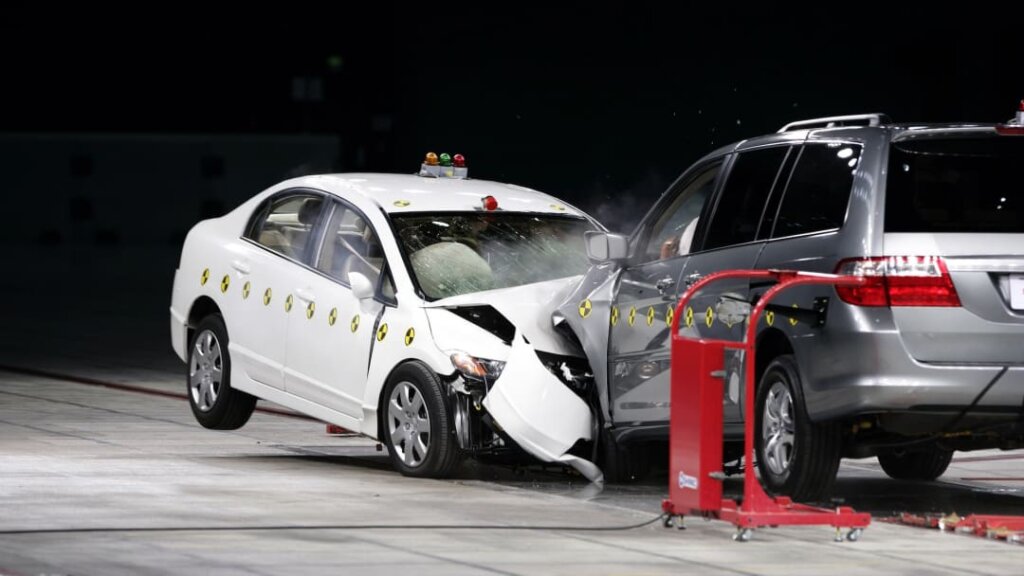Feds Delay Tougher Car Safety Ratings Until 2027 After Automaker Pressure
Washington D.C. – The National Highway Traffic Safety Administration (NHTSA), the federal safety regulator in the United States, has reportedly pushed back the implementation of its tougher New Car Assessment Program (NCAP) safety ratings. Originally slated for the 2026 model year, the stricter requirements will now take effect for the 2027 model year, granting automakers an additional year to comply. This delay comes after intense lobbying from major automakers, who cited a need for more time to meet the new standards.

Stricter Standards for a Five-Star Rating
The planned overhaul of NHTSA’s NCAP aims to significantly raise the bar for vehicles to achieve the coveted five-star safety rating. These updates are particularly focused on enhancing active safety and pedestrian protection, a critical response to the recent rise in pedestrian fatalities.
Under the new rules, vehicles will need to include several advanced driver-assist features as standard equipment to earn the highest rating:
- Blind-spot monitoring and intervention systems
- Lane-keep assist
- Pedestrian-detecting automatic emergency braking systems
Additionally, NHTSA has indicated plans to implement minimum performance standards for automatic emergency braking by the 2029 calendar year, requiring vehicles to avoid frontal collisions at speeds up to 62 mph.

Automakers Cite Implementation Challenges
The Alliance for Automotive Innovation, a powerful trade group representing many major automakers, had voiced concerns in April regarding the feasibility of the 2026 rollout. Their primary argument was that NHTSA had not published updated pedestrian crash test procedures in time, making it difficult for manufacturers to prepare. They also contended that very few vehicles would likely qualify for a five-star rating under the original timeline, potentially diminishing the program’s utility.
In a statement to Reuters, NHTSA acknowledged that a delay would “provide industry additional time to implement these technologies” while ensuring the new requirements are still ultimately implemented. It remains unclear whether this postponement will have a ripple effect on the 2029 automatic emergency braking standards, which automakers have also sought to have pushed back.
Also Read – Tom Matano, Father of the Miata, Dies at 77




Pingback: Nissan ProPilot Assist Vs Tesla Autopilot: The Next-Gen System Arrives In 2027 - Mechhelp
Pingback: Tesla Model Y Best-Selling Electric SUV In China (39,413 Units) – See Top 10 List - Mechhelp